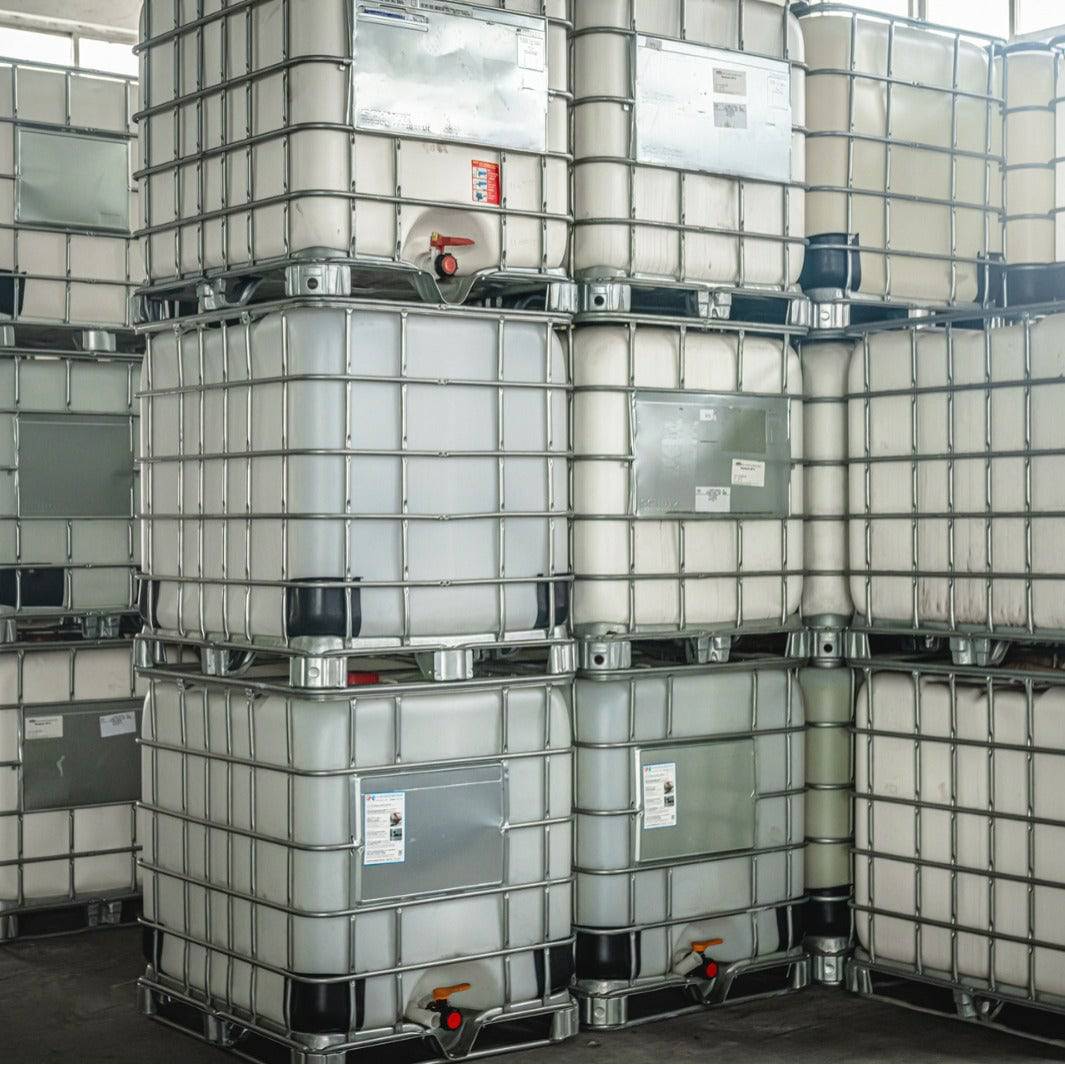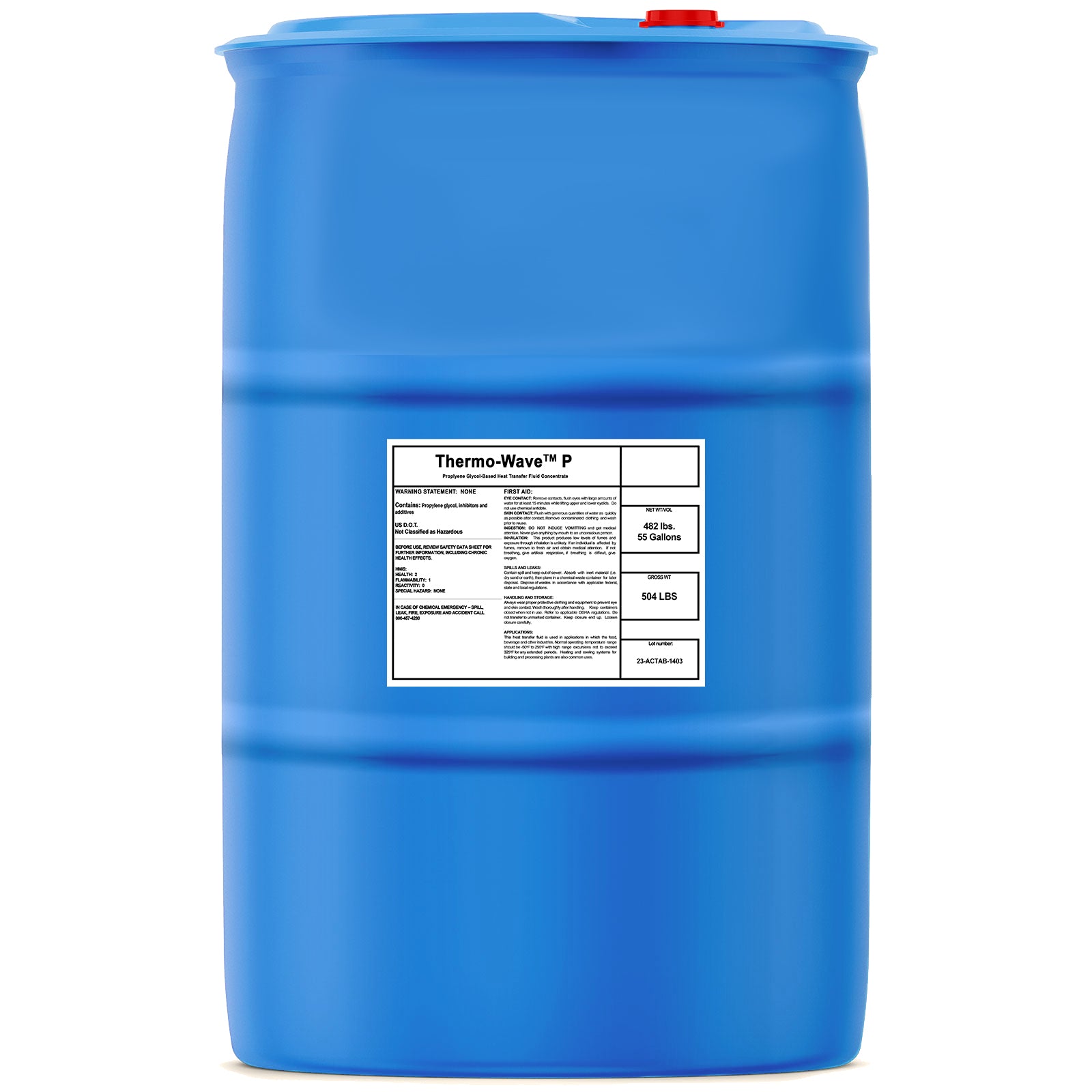The Value of Thermal Security in Heat Transfer Fluid Choice
Wiki Article
How Warm Transfer Fluid Adds To Lasting and Economical Operations
In the contemporary commercial landscape, the role of warmth transfer fluids (HTFs) in promoting sustainable and cost-effective operations can not be overstated. These liquids are crucial in maximizing thermal monitoring systems, therefore substantially improving energy effectiveness and reducing operational costs. heat transfer fluid. The ecological benefits of sophisticated HTFs, with their high thermal security and reduced toxicity, are obvious.Comprehending Warmth Transfer Liquids
In the world of thermal monitoring, warmth transfer fluids (HTFs) offer as necessary representatives for moving thermal power from one location to an additional. These fluids play a critical role in different commercial applications, consisting of chemical handling, power generation, and Cooling and heating systems.The composition of heat transfer fluids can vary significantly, including alternatives such as mineral oils, artificial oils, glycols, and molten salts. Each kind offers distinctive benefits, such as improved thermal stability, reduced viscosity, and high boiling factors, which are chosen based on certain operational demands. The choice of HTF influences not only the efficiency of warmth transfer yet additionally the long life and security of the system in which it is used.
As markets remain to innovate, the growth of advanced HTFs, characterized by their enhanced thermal conductivity and lowered environmental impact, is vital for meeting the needs of modern-day thermal management difficulties.

Enhancing Power Performance

Improving power effectiveness has come to be a vital worry throughout numerous industries, motivating a closer exam of warmth transfer fluids' role in optimizing thermal management systems. These liquids are essential to maintaining the desired temperature level in processes, consequently minimizing energy waste and enhancing general system efficiency. By choosing an appropriate warm transfer fluid, sectors can substantially improve their power efficiency, leading to decreased energy usage.

Advanced formulations of heat transfer fluids have actually been created to hold up against severe temperatures while keeping security and efficiency. These technologies extend the functional life expectancy of the fluid, decreasing the frequency of substitutes and energy-intensive upkeep activities. Furthermore, making use of artificial or bio-based liquids offers added advantages in regards to lowered environmental effect, lining up with global sustainability goals. Consequently, boosting power performance through optimal warmth transfer fluid option is not just a technical need however also an environmental imperative.
Minimizing Operational Costs
Operational prices are a considerable factor to consider for industries seeking to preserve affordable advantage, and the choice of heat why not find out more transfer liquid plays an essential role in cost monitoring. Selecting a proper heat transfer liquid can cause significant cost financial savings by boosting system effectiveness and reducing energy intake. High-performance liquids decrease thermal deterioration, which subsequently minimizes the regularity of fluid substitute and downtime associated with maintenance, thereby lowering functional expenditures.In addition, heat transfer fluids with premium thermal security and rust resistance prolong the life-span of equipment. This reduces the need for regular repairs and replacements, which can be pricey and disruptive to procedures. By buying top quality fluids, markets can achieve lasting reductions in maintenance expenses and enhance the integrity of their systems.
Furthermore, advanced warmth transfer liquids usually exhibit lower viscosity at running temperature levels, which enhances pump effectiveness and decreases energy use in fluid circulation. Several contemporary warm transfer fluids are engineered to run effectively over a large temperature level variety, minimizing the need for numerous liquid kinds, thereby simplifying inventory demands and minimizing connected costs.
Environmental Influence Decrease
The press towards reducing ecological effect has gained momentum in sectors leveraging heat transfer fluids. Warm transfer fluids (HTFs) play a crucial role in this transition, supplying opportunities to improve energy performance and reduce discharges - heat transfer fluid.Additionally, making use of advanced warm transfer fluids find more adds to improved system performance, lowering the overall energy consumption. This reduction not only causes cost financial savings however also decreases carbon dioxide exhausts, helping in the fight versus climate change. Fluids that are naturally degradable and recyclable additionally enhance sustainability efforts, as they decrease waste and advertise round economic situation techniques.
Furthermore, incorporating HTFs into closed-loop systems prevents fluid loss and contamination of the surrounding environment. This technique ensures that fluids are reused, reducing the need for new resources and restricting waste generation. By welcoming these environmentally mindful methods, sectors can substantially decrease their environmental influence while keeping high operational efficiency, aligning with international sustainability objectives and governing needs.
Picking the Right HTF
Selecting the ideal warm transfer liquid (HTF) is a crucial step in advancing environmental sustainability within industrial procedures. The selection of HTF directly influences system performance, energy usage, and ecological effect. A perfect HTF should possess a high thermal ability, reduced thickness, and high thermal conductivity to guarantee effective heat transfer. Additionally, its security over a broad temperature range is critical to avoid destruction, which can bring about raised best site emissions and waste.This ensures longevity and decreases maintenance costs. The liquid needs to be non-toxic and naturally degradable, lessening its ecological footprint and making sure conformity with environmental regulations.
Verdict

Report this wiki page